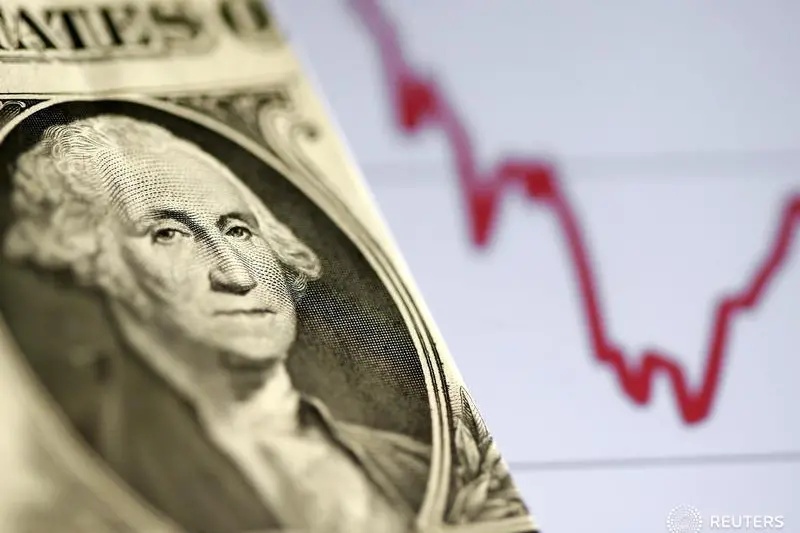PHOTO
NEW YORK - The euro and sterling dipped against the dollar on Friday as investors bet interest rates would stay lower for longer in Europe, a day after currency markets shrugged off a high U.S. inflation number as likely to be temporary.
The dollar index was last up 0.46% at 90.4790 while the euro was down 0.53% at $1.2112.
A day after the European Central Bank stuck to its dovish stance, ECB policymaker Klaas Knot said that flexible fiscal rules would be needed for years as monetary policy remains constrained.
"ECB policy makers are indicating that inflation rates are way below levels that are needed to put upward pressure on rates," said Karl Schamotta, chief market strategist at Cambridge Global Payments in Toronto.
"That's cutting away at the euro's recent rally, putting some downward pressure on it. The biggest contributor to the move we've seen overnight is the (euro) weakness as opposed to idiosyncratic dollar positive forces. The dollar's winning the reverse beauty contest."
Sterling was down 0.43% at $1.4115, also dented by the rapid spread of the Delta variant in Britain, raising concerns that much of the country may not be able to fully reopen from lockdown on June 21, as planned.
"You're seeing sterling weaken at the possibly of a delayed reopening," Schamotta added. "That certainly weighs on the likelihood of a full and rapid rebound, particularly on the consumption side. It lowers estimates and pushes Bank of England tightening even further into the future."
Currency markets had been sluggish all week in anticipation of Thursday's release of U.S. consumer prices, which rose 5% year-on-year in May.
But even though the number was above expectations, there was little market reaction. Investors seemed to agree with the Federal Reserve's assertion that any rise in inflation to be temporary and that it is too soon to be discussing reducing its monetary stimulus.
Traders were however, looking ahead to the Federal Open Market Committee meeting scheduled for the week ahead. Economists see the central bank announcing in August or September a strategy for reducing its massive bond-buying program, but don't expect it to start cutting monthly purchases until early next year, a Reuters poll found.
Meanwhile investor left riskier currencies such as the Australian dollar was down 0.63% against the U.S. dollar and the New Zealand dollar was off 0.92% at $0.7129.
In cryptocurrencies, bitcoin, which recovered slightly in recent sessions, was on track for a 4% weekly gain and last up 1.6% at $37,288 on the day. Ether however was last down 0.4% and set for a 9% weekly drop. Both are still trading significantly below their earlier peaks.
(Additional reporting by Elizabeth Howcroft in London; Editing by Emelia Sithole-Matarise and Pravin Char) ((sinead.carew@thomsonreuters.com; +1 (646) 223 6186; Reuters Messaging: sinead.carew.thomsonreuters.com@reuters.net))





















